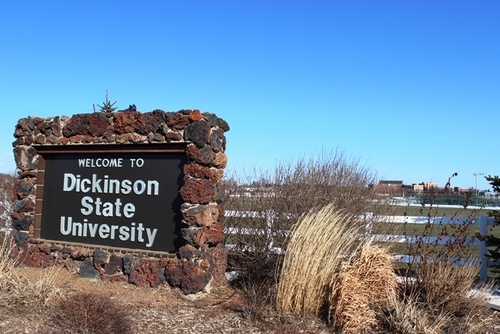Higher Ed Board To Consider Asking Legislature For DSU Foundation Bailout

The most recent chapter in the on-going feud between lawmakers and North Dakota’s university system has to do with university foundations. These organizations like to think of themselves as private entities separate from public universities they serve, but Attorney General Wayne Stenehjem has ruled in legal opinions that they must adhere to open records laws, and a legislative committee voted overwhelmingly in January to schedule audits for them.
The foundations hate this idea, and rumor is they’re seeking to challenge the state’s authority to audit them.
But as that’s playing out, the public has been getting nailed by the fallout from the failures at these foundations, making it seem like these foundations want to be private until it’s time for a big, fat taxpayer bailout.
Last year when the UND Research Foundation fond itself insolvent after the REAC Building fiasco that boondoggle was dumped on the taxpayers and the foundation was resolved.
[mks_pullquote align=”right” width=”300″ size=”24″ bg_color=”#000000″ txt_color=”#ffffff”]Private foundations, private risk, private consequences.[/mks_pullquote]
Now the Dickinson State University Foundation, which is currently in receivership after losing millions on a series of bad investment and failing to make good on obligations to student scholarships, wants a bailout too.
On Thursday, February 26, the State Board of Higher Education will be holding one of their regular meetings. On the proposed agenda? Asking the Legislature for authority to issue bonds to buy up some buildings currently owned by the foundation.
You can read the summary of proposed action below.
So, once again, a university foundation finds itself in financial trouble and who is to take the hit? The taxpayers.
But remember, the folks at these universities insist that they’re private and outside of the scope of the state’s governance.
If that’s the position the state’s universities want to take, the answer to this request from lawmakers ought to be a resounding “no.”
Private foundations, private risk, private consequences.




